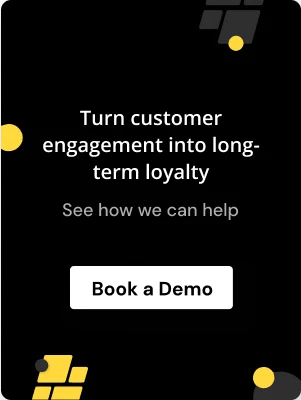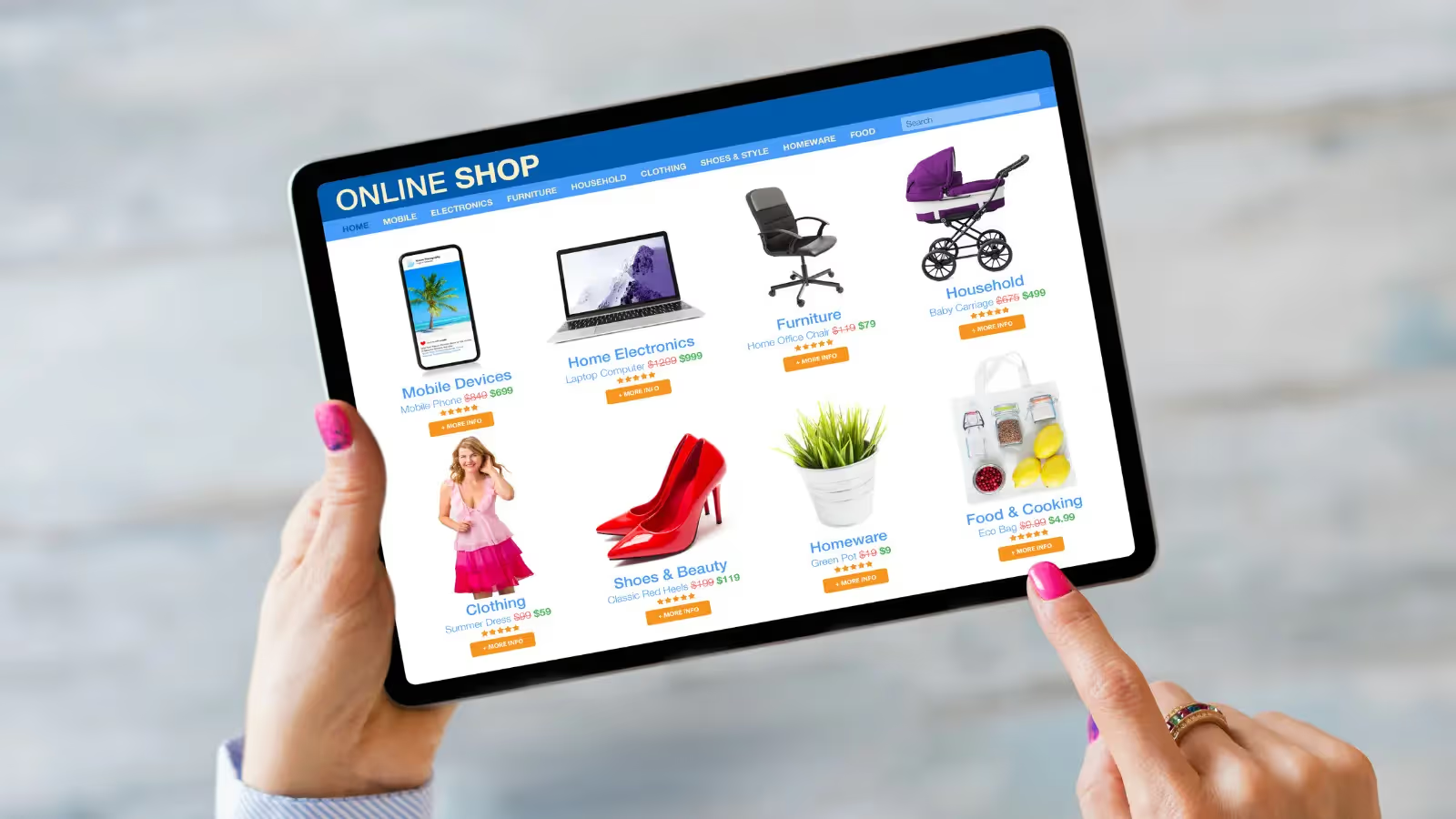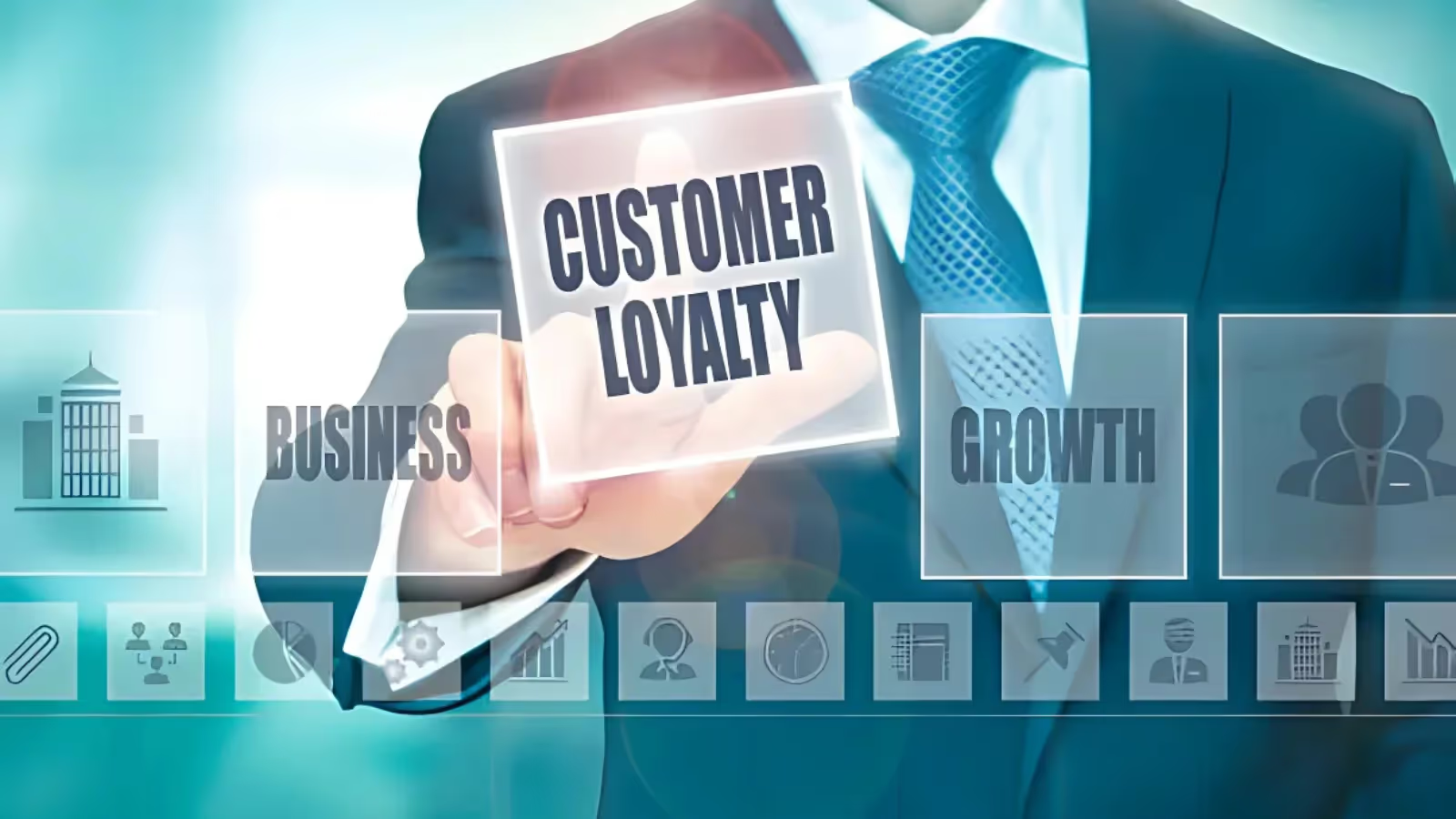.avif)
.avif)
Introduction
In the world of direct-to-consumer businesses, building customer loyalty through emotional connections is crucial for long term success. It is not just about offering great products or services, it is about creating emotional connections that keep customers coming back time and time again. By understanding the psychology behind loyalty, D2C brands can craft strategies that resonate with their target audience and build lasting relationships. In this blog we shall explore the psychological principles that drive loyalty and provide actionable tips for strengthening emotional bonds with your D2C customers.
The Importance Of Emotional Connections
"Emotional branding and fostering positive customer experiences are key to customer retention strategies.”
Why emotions matter in D2C loyalty?
Human beings are inherently emotional creatures, and not decisions are purely driven by emotions rather than pure logic. When a customer feel emotionally connected to a brand they are more likely to remain loyal and become a vocal advocate. Emotional connections foster trust, create a sense of belonging, and tap into the psychological need for self expression and identity. By cultivating positive emotions, D2C brands can differentiate themselves from the competitors and establish a deep, personal bond with their customers.
The Psychology Of Loyalty
Understanding The Drivers Of Customer Loyalty
"To build lasting loyalty, it's essential to understand the psychology behind customer behavior and the drivers of brand loyalty.”Some key drivers of loyalty in the D2C space are:
- Reciprocity: Customer feel the sense of obligation to reciprocate when they receive something of value, whether it is a great product, exceptional service or a thoughtful gesture.
- Consistency: People have a strong desire to be consistent with their past behaviours and decisions, which can lead to repeat purchases and brand loyalty.
- Social Proof: Customers are influenced by the actions and opinions of others, special those in their social circles or those they perceive are similar to themselves.
- Scarcity: Limited availability or exclusivity can create a sense of urgency and increase the perceived value of the product or service, fostering loyalty.
- Authority: customers are more likely to trust and remain loyal to brands that position themselves as experts or authorities in their respective fields.
Do you know?

Strategies For Building Emotional Connections
Actionable Tips For D2C Brands
"Leveraging personalization, brand storytelling, exceptional customer service, and building brand communities are effective strategies for fostering emotional connections and loyalty with D2C customers.” Consider implementing the following strategies;
- Personalised Experience: Tailor your messaging product, recommendation, and customer service to create a personalised experience that resonates with each individual customer.
- Tell Compelling Brand Stories: Craft authentic & emotionally resonant brand stories that align with your customers values and aspirations, fostering a sense of connection and shared identity.
- Prioritize Customer Service: deliver exceptional customer service that goes above and beyond expectations, creating positive experiences that strengthen loyalty.
- Foster Community: Build a sense of community around your brand encouraging customer engagement, facilitating social interactions, and creating opportunities for customers to connect with each other.
- Offer Exclusive Benefits: provide exclusive perks, rewards, or early access to new products for loyal customers, tapping into their desire for exclusivity and recognition.
- Embrace Corporate Social Responsibility: align your brand with causes or social initiative that resonate with your target audience, fostering a sense of shared purpose and values.
You may also want to read: Unlocking Repeat Purchase and Brand Loyalty
Do you know?
💡 According to a study by Motista, emotionally connected customers are 52% more valuable than those who are just highly satisfied. They are also more likely to recommend the brand (70% vs. 18%) and less likely to defect to a competitor (23% vs. 60%).
Conclusion
By understanding the psychology of loyalty and implementing emotional branding strategies, D2C brands can create lasting relationships and foster brand loyalty with their customers. Remember, loyalty is not just about transactions it is about forging deep, meaningful bonds that transcend the product or service itself. By tapping into the emotional drivers that influence customer behaviour, you can build a loyal following that not only supports your business but also becomes a powerful advocate of your brand.
More on Nector Blog: The Psychology And Benefits of Rewards Program
FAQs
Start Building Customer Retention That Lasts








